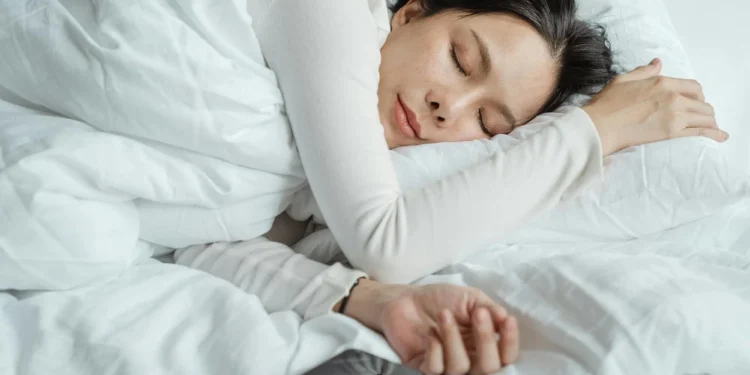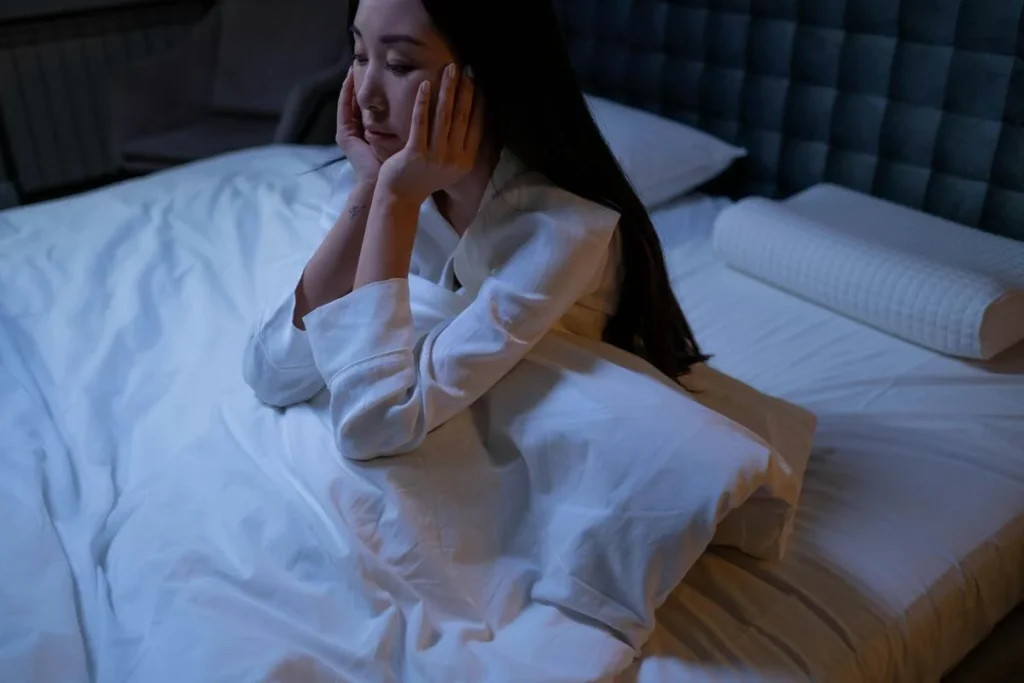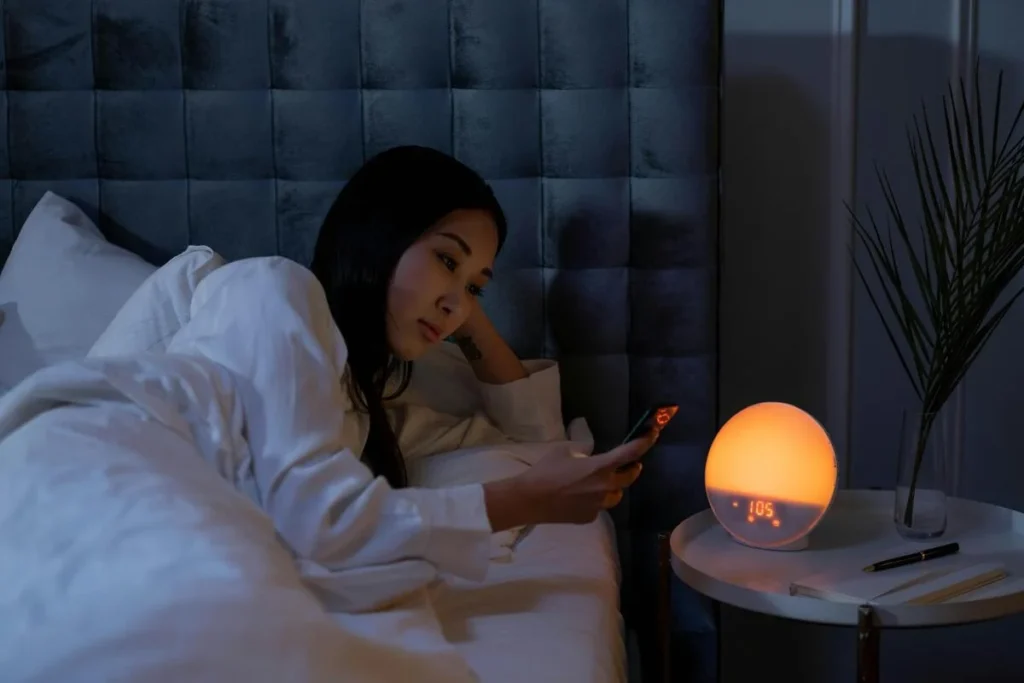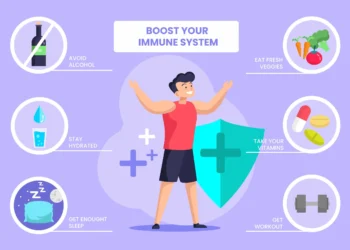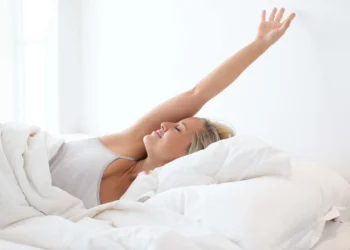Sleep is the bread and butter of human health, as much as food and water. Although it remains a mystery, researchers know a great deal about why we need sleep and how sleep affects our bodies and brains. Sleep is an essential component of our body’s repair, memory, emotion management, and even immune systems. For those who find it difficult to fall asleep, learning the science of sleep can help you determine strategies to get a better night’s sleep.
Table of Contents
The Importance of Sleep
Sleep is an altered state of consciousness during which the body takes important restorative action. Biologically, sleep helps the body repair tissues, produce hormones and flush metabolic toxins from the brain. The glymphatic system, which is most active during deep sleep, flushes away toxins including beta-amyloid, a protein that causes Alzheimer’s disease. When sleep isn’t maintained, this washing process fails, which in turn creates long-term health problems.
Sleep also enhances cognition processes such as memory consolidation, problem-solving and creativity. The brain focuses better on storing and structuring data when we’re properly asleep. Sleep loss, on the other hand, can make you less focused, more reticent, and less able to make decisions. Research indicates that waking up for 17 hours has the cognitive effect of having 0.05% blood alcohol in your bloodstream, which suggests how important sleep is to mental performance.
Emotionally, sleep regulates mood and mental well-being. Chronic sleep deprivation is linked to higher stress, anxiety and depression. When we sleep, in particular REM (rapid eye movement) sleep, the brain deals with emotions and eases emotional tension, leaving us balanced and refreshed.
Physically, sleep increases immunity, lowers risks of chronic disease, including heart disease and diabetes, and regulates hunger via hormones such as leptin and ghrelin. Deficient sleep disrupts those functions, leading to excess weight and susceptibility to disease.
Why People Struggle to Fall Asleep
But even if we need sleep, many of us struggle to get to sleep or remain asleep. The most prevalent causes include stress, anxiety, sleep hygiene, and contemporary lifestyles that disrupt circadian rhythms. Artificial light, especially blue lights on monitors, disrupts the production of melatonin, the hormone that tells the body it’s time to go to sleep. Alcohol, caffeine and large meals consumed too close to bedtime can also affect the body’s ability to go to sleep.
Stress and anxiety are major factors that contribute to insomnia. Thoughts, anxiety, or concern about the future can all trigger the body’s fight-or-flight mechanism, making it difficult to relax. In the same way, time irregularity, travelling between time zones or working shifts disrupts the body’s internal clock which makes sleeping consistently difficult.
Tricks to Fall Asleep Quickly
When you have a tendency to toss and turn in the middle of the night, there are a few things you can do to increase your sleeping quality. These science-based tips engage the mind as well as the body to help us get the best possible rest.
- Get a Regular Sleep Pattern: Your circadian clock is an internal clock that likes to be regular. Going to bed and waking at the same time every day (even on weekends) keeps your sleep-wake rhythm in check. This recurrence, in time, sends a signal to your body that it’s time to sleep.
- Create a Sleeping Environment: Your bedroom should be your sleep zone. Keep the room cool, dark, and silent. Disruptions can be silenced with blackout curtains, white noise machines, or earplugs. Get rid of electrical appliances that produce light or noise. Buy a comfortable mattress and pillows to bolster yourself.
- Reduce Blue Light: The blue light from phones, computers and televisions can block melatonin, making you less likely to fall asleep. Turn screens off an hour before bed, or wear blue light-blocking glasses if you have to use devices late at night. Other than that, you can switch your devices into night mode so they emit less blue light.
- Practice Relaxation Techniques: Stress and tension disrupt sleep, so relax before going to bed. Meditation, deep breathing, or progressive muscle relaxation can quiet the mind and body. The 4-7-8 breathing pattern, in which you breathe in for four seconds, hold for seven and exhale for eight, is great for relaxation.
- Limit Stimulants and Heavy Meals: Don’t drink caffeine, nicotine, or other stimulants in the afternoon and nighttime as they persist in your system for hours. The same goes for hot or spicy meals, which induce stomach pain and indigestion that disturbs sleep. Eat small snacks when you’re starving near bedtime.
- Apply the “10-3-2-1-0” Rule: This approach helps you prepare for sleep in a systematic manner:
- 10 hours prior to bed: Limit your caffeine.
- 3 hours before going to bed: Quit eating large meals and consuming alcohol.
- 2 hours prior to bed: Avoid stressful or intellectual pursuits.
- 1 hour prior to bed: Switch off screens and enjoy a sleepy routine.
- 0: The number of times you press the snooze button in the morning.
- Physical Activity: Exercise can make you sleep better and fall asleep quicker. But stay away from intense workouts before bed, which makes you more alert. You should exercise in the morning or early afternoon if you want to have a good night’s sleep.
- Practice Visualization: You can use guided imagery or visualization to clear your mind of stressful thoughts. Think of a calm, contemplative place, like a beach or forest, and pay attention to the sensory elements. This method can set a peaceful state of mind that is conducive to sleep.
- Try Aromatherapy: Certain scents like lavender, chamomile or cedarwood can help you fall asleep. Put essential oils in a diffuser, pillow spray or bath to help set the environment.
- Sleep-Enhancing Supplements: Melatonin supplements can regulate your sleep-wake cycle if you suffer from jet lag or have a disrupted schedule. The use of other natural medications, like valerian root, magnesium, or chamomile tea can also help to promote relaxation and sleep. Please seek the advice of a medical professional before beginning a new supplement.
When to Seek Help
If you’ve exhausted these solutions and still have chronic insomnia or poor sleep, seek professional assistance. Sleep disorders like sleep apnea or restless leg syndrome can require treatment. A sleep expert can perform assessments and prescribe treatment based on your requirements.
The Bottom Line
Sleep is a vital component of health and wellness, yet we find it difficult to get sufficient rest. The need to sleep highlights the extent to which it plays a crucial role in our lives, from physical to emotional health. If you learn to use these simple, scientifically based tricks — setting a regular routine, creating a safe sleep environment, and relaxing — you’ll be able to go deeper and sleep faster. For those who are not sure, don’t hesitate to consult a doctor to tackle your chronic sleep issues. It’s not an option; sleep is a necessity to live a better, healthier life.
